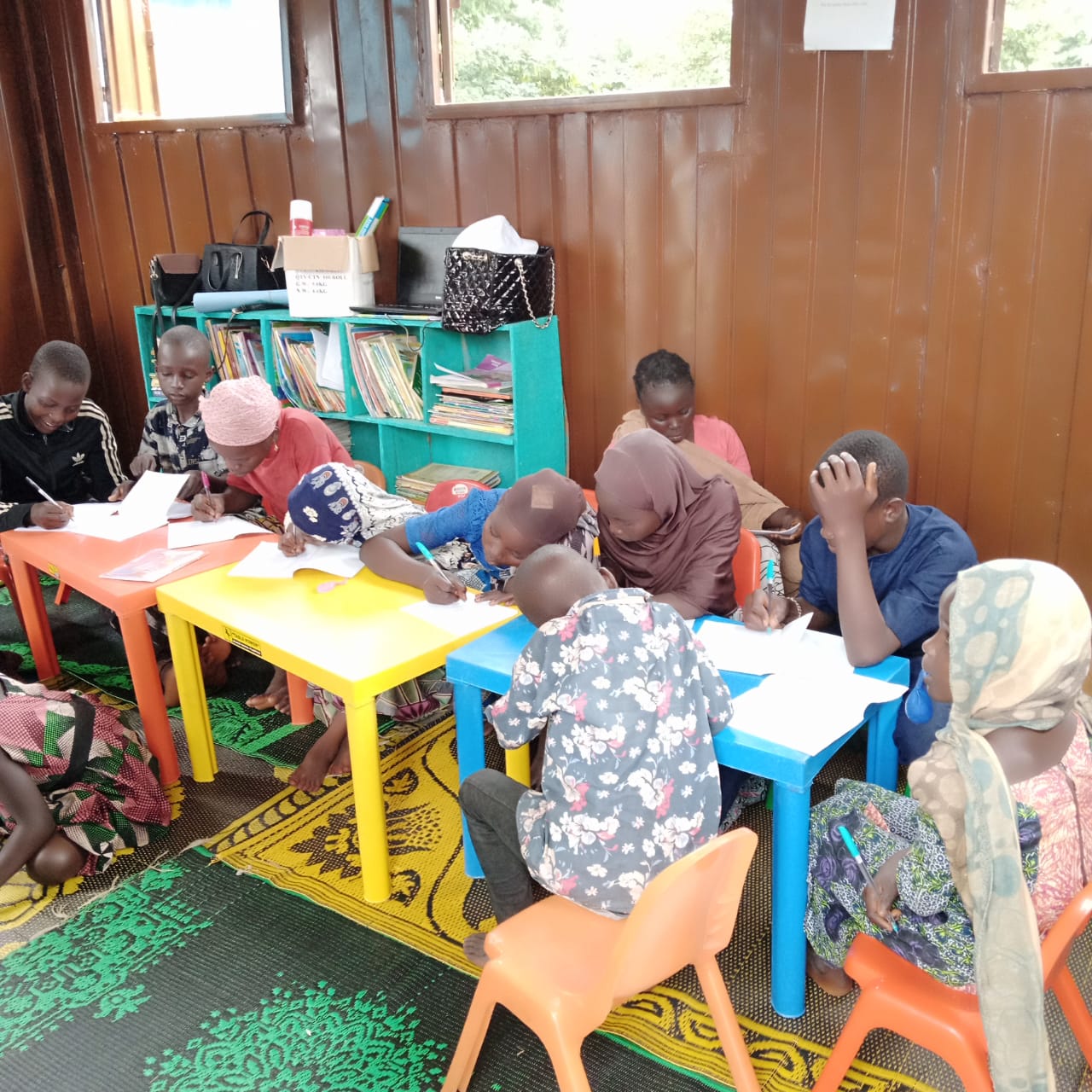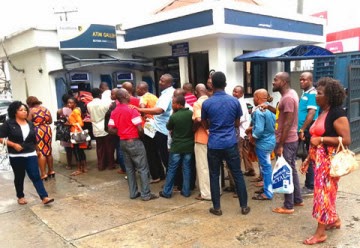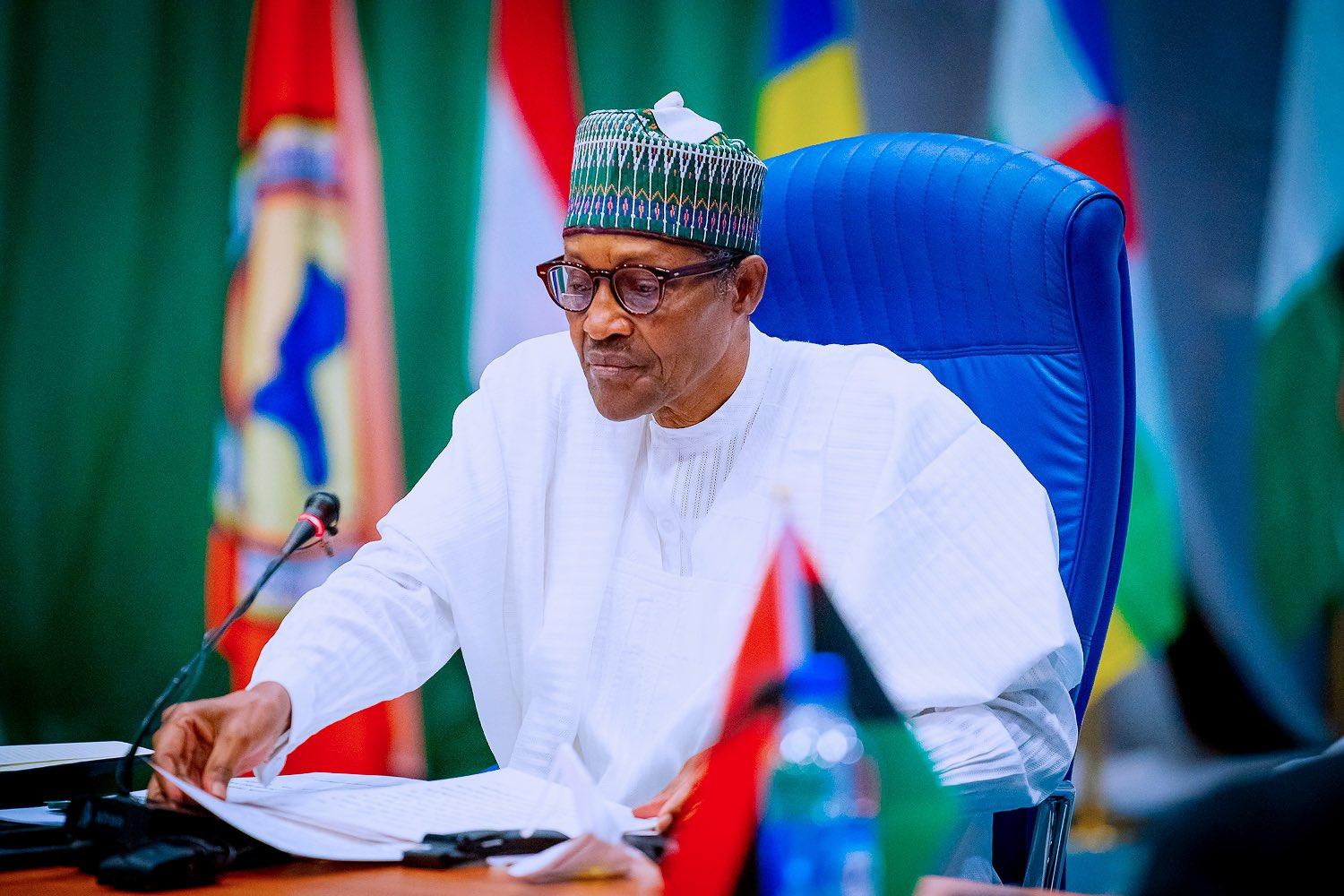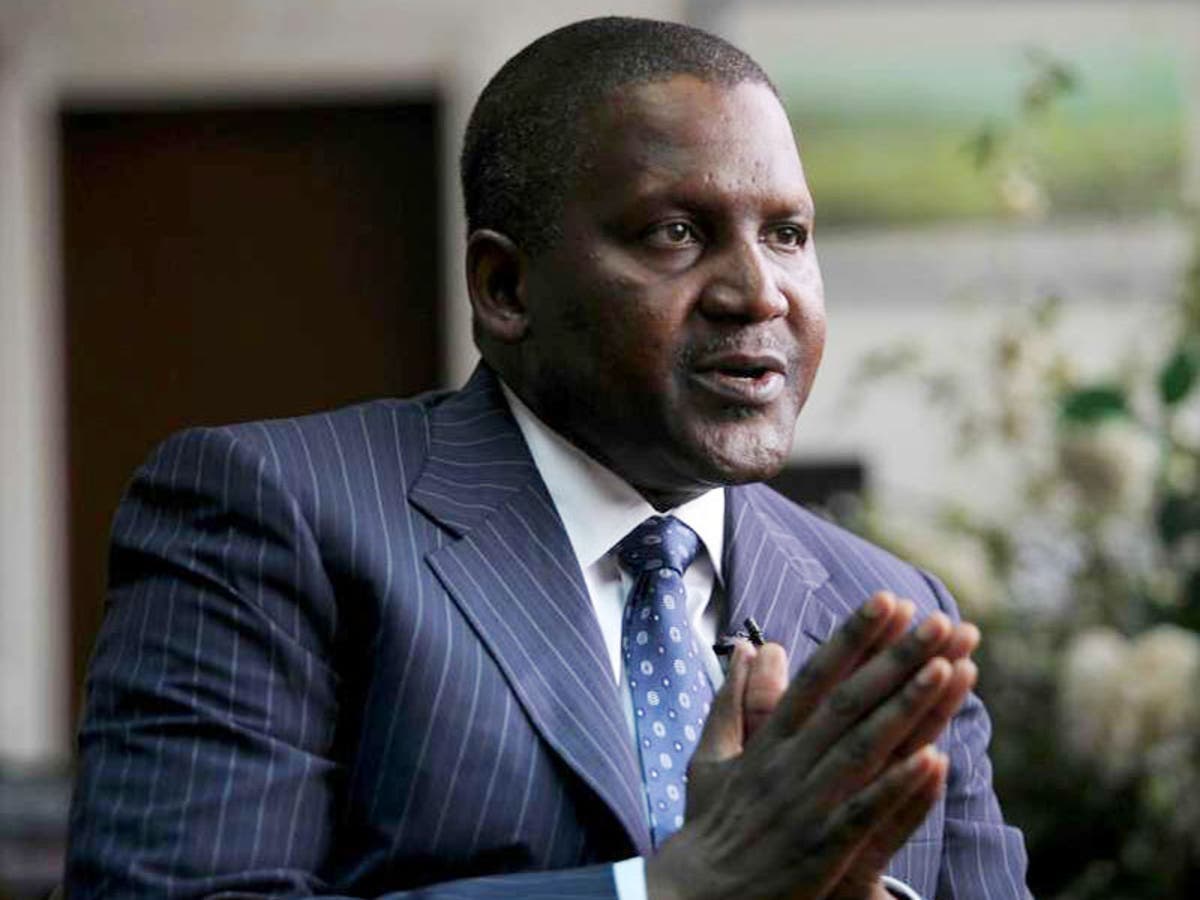Durumi IDP camp, Abuja lacked a functional school and library; but here’s how Changemakers’ help puts behind the challenges
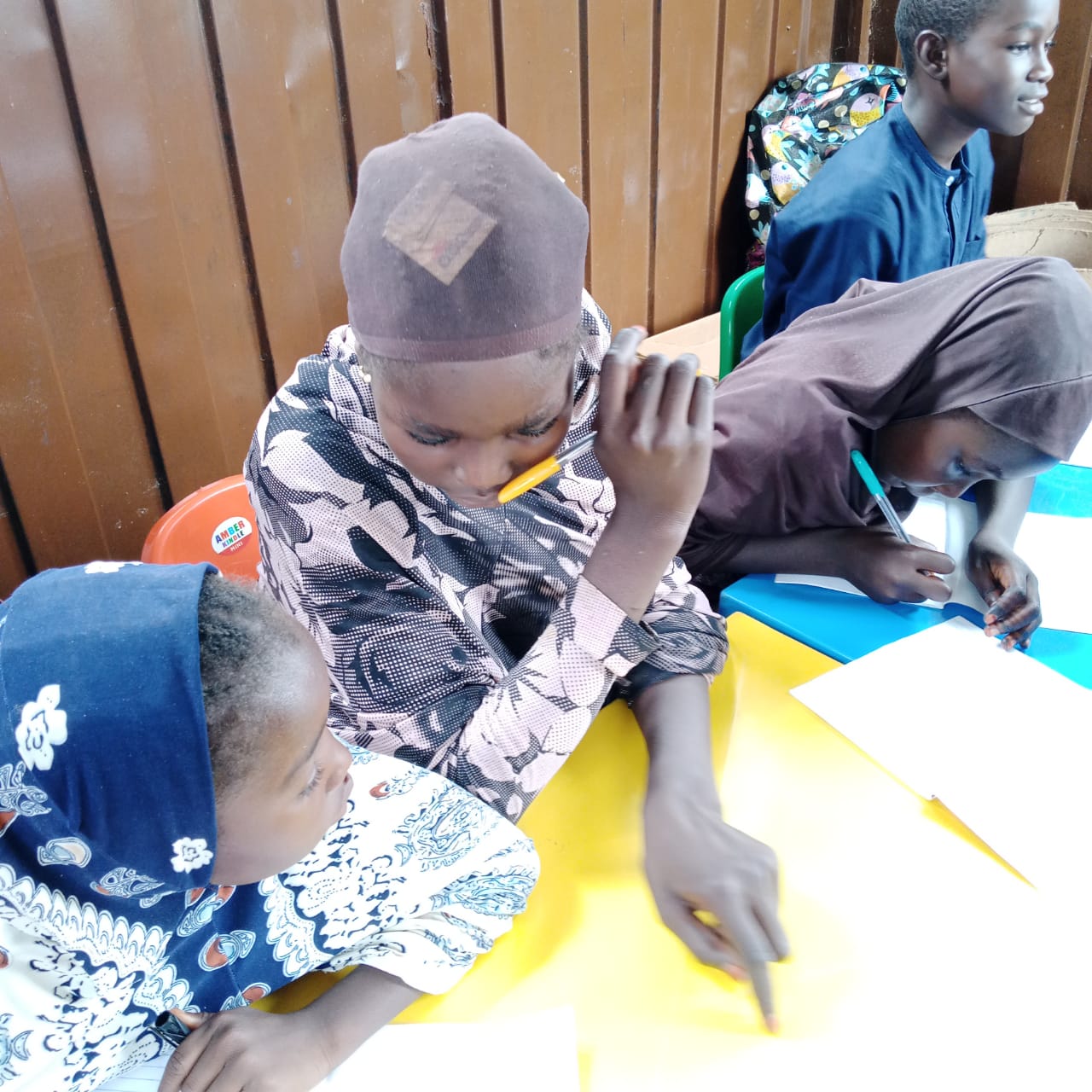
By Daniel Adaji
Hajia Bintu Ali, a 53-year-old woman and her three children moved into the Internally Displaced Persons (IDPs) camp in Area I, Abuja about four years ago. They fled from Goza, a community in Borno State, North-East Nigeria, where she had lost three of her six children to deadly Boko Haram attacks.
While the adult children move the challenges of the new life behind, the younger ones were out-of-school and faced the risk of a bleak future because they did not have access to education, which could put them at par with their fellows in the society or better still, bring them close to meet up with the societal academic demands.
Ali said most of the children at the camp lacked access to basic educational facilities and facilitators. “Many of the children here are out of school. As you can see, not many of them go out of this premise to school outside except for the few lucky ones whose parents are either okada (motorcycle) riders or traders that can afford to spare some money for their education. The rest of the children are left to study within the camp,” she said.
Many of the children here are out of school
A careful survey of the facility showed that should any child sail through academically; it would be as a result of the deliberate effort of the government and/or well-meaning individuals.
When she first came to the camp, her children, who by the virtue of the relocation were out-of-school, could not immediately access basic education. Consequently, they began to deteriorate academically; a situation that obviously became her source of worry.
“My children are my hope at this time. Since I am getting older, and not sure when and how I would leave this place, giving my children the best education so that they can become prominent people in the society is my goal. I believe that with good academic qualifications, they could get gainfully employed and come back to care for me and also support the good works of other philanthropists in the society” she said.
Although the IDP camp had some blocks of classrooms, it lacked professional teachers. But Ali’s prayer was answered when a charity organisation in partnership with the management of the camp donated a library and volunteer teachers to the camp.
They built the library block and equipped it with books so that our children could read
“Some people came and donated this library to us. They built the library block and equipped it with books so that our children could read and do their assignment too” she said.
The organisation is ‘The Change Makers Network’, an umbrella of some Non-Governmental Organisations, which teamed up to increase the literacy level of the children in the camp.
One of the IDP coordinators; and women leader, Mrs Iliatu Ayuba said since the library was donated, she had noticed some significant improvement in the literacy level of the children.
“Here, we rely mostly on support from society and good-spirited individuals. We have a block of four classrooms here but that lacked resources and teachers until volunteer teachers started coming to help us” He said.
Before then, the children were just loitering around the camp with no help, and most parents were not literate enough to teach them. The literate ones would have to go out daily in struggle for survival; hence they have little or no time at all for the academic improvement of these children.
Here, we rely mostly on support from society and good-spirited individuals
This library has since been helping these children to gain access to educational materials while the volunteer teachers help them with their assignments after school.
One of the volunteer teachers, Ms. Jamila Onize said she derived satisfaction in giving back to underserved communities.
“There are different levels of literacy at the IDP camp; those who can read but do not understand grammar; those who go to school, but do not understand texts and cannot spell and those who spell and do not understand the meaning of the words. We had children before age 5-15 as beneficiaries of the initiative,” she said.
- Some of the out-of-school children in class learning Photo credit:Jamila Onize
Onize said before the intervention, she observed that the children had half knowledge, so her team helped them to unlearn and relearn. Classes, she said, were held on Thursdays and Fridays for about two hours where volunteers took the children through basic literacy and numeracy.
“We were able to measure the impact on the consistent children that attended the classes. Although it was difficult getting all the older children to attend the classes because some of them have to hawk or go to their vocational centres,” she said.
Although the children did not improve as much as we wanted, we still had some successes
The coordinator explained, however, that her team made use of Hausa language to encourage the children to take their education seriously in the camp.
“Although the children did not improve as much as we wanted, we still had some successes: some of the children can now identify English alphabets and also read, while the older ones are now able to understand the meaning of words they spell. We had comprehension exercises where we also saw that at least they have improved over time,” she said.
The volunteer teacher asserted that the initiative faced some challenges. which limited the anticipated impact among the children.
- Photo credit: Jamila Onize
“Most of us did not understand Hausa and it was difficult to communicate with the children, telling them what the English word meant in their dialect and because our volunteers engaged in shifts, we did not always have the Hausa-speaking volunteers on the ground,” she said.
She argued that the initiative would have been a big breakthrough if there had been good language entry. Some of the IDPs, according to her, felt it was a waste of time to attend classes because money is not involved.
“Most of the boys were always available, but the girls had to go about hawking. The numbers of attendees were not consistent.
“We lacked funds to run the programme effectively; transport, snacks for the children, stationary etc. the project was actually capital intensive,” she explained.
We lacked funds to run the programme effectively
Ms. Moyosoluwa Oladayo, who is the coordinator of the initiative explained that the programme was conceived to promote the quality of education and use of libraries among the children.
“My team visited the IDP camp to see what we could do for them. On getting there, we noticed among other needs that the children could not read in English. In fact, some of them could not identify the alphabet,” she said.
Oladayo explained that the library had been helpful to the younger children aged 5-10 and the older ones as well.
“We had about 40 children when we started the literacy campaign. We evaluated the children’s performance and discovered that some of them could now read and some of the younger ones now identify the Engli
sh alphabet” she said.
The coordinator stated that although the initiative seemed to have started solving a problem, there were still some limitations to what they were able to do.
“The challenge right now is that the structure available is small compared to the number of out-of-school children in the camp.
“We also lack stable professional teachers because the volunteers come at their own time to help. Most of them are students of tertiary institutions,” Oladayo said.
The Insight Report
Nigeria Coverage

